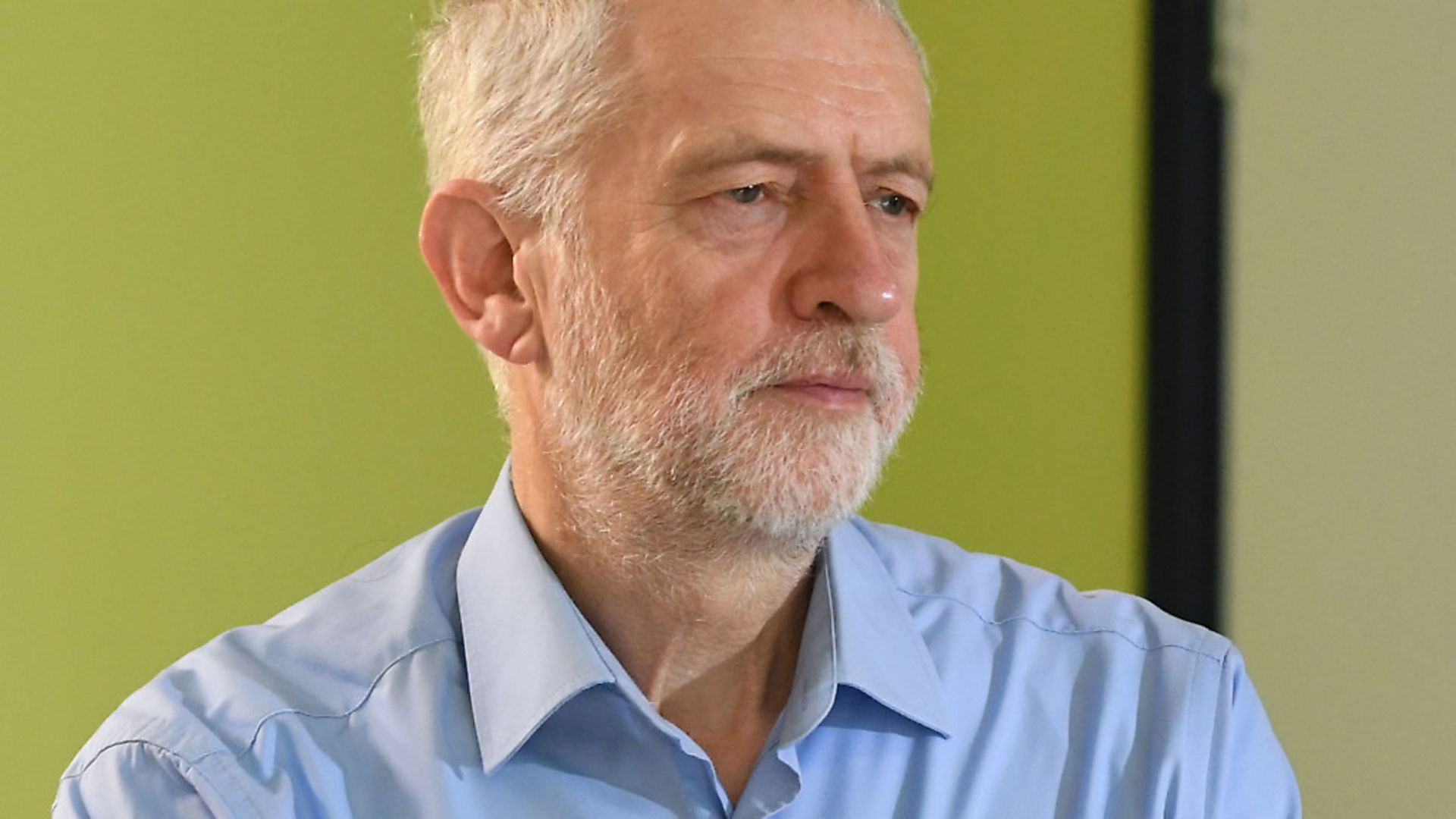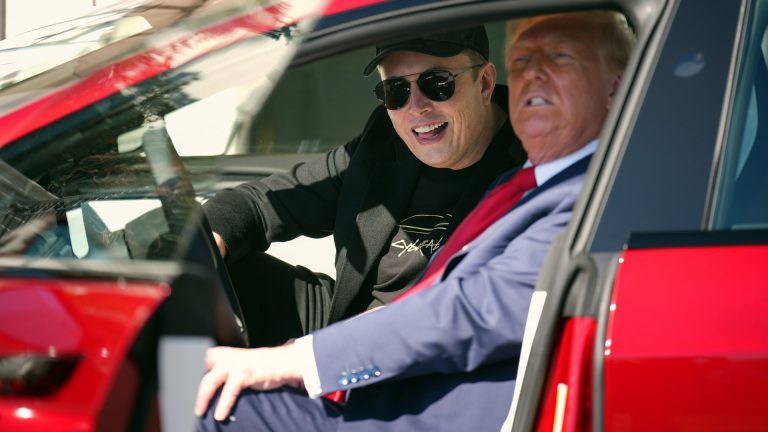
The discussion that the Labour Party must have with itself to help save the country from Brexit
Years ago, in a big London prison, I attended the disciplinary hearing of a homeless prisoner. Sometimes he apologised for his rule-breaking, sometimes he denied it but most of the time he was keen to talk about some rare treasure he had buried in the Barnes area. Not unlike Theresa May’s government talking Brexit. It’s not a stance so much as a continuous contortion. One day the Chancellor will reassure business with noises of stability. Within seconds Number Ten will be slapping them down with the same hand that’s just stung the foreign secretary’s cheek for spending his imaginary treasure on the NHS.
The vision for the future is a cat’s cradle of red lines that cut across any good future deal, bombast and vague hopes of kindness to come from Donald Trump or the Chinese government. Even the greatest Project Fear-monger didn’t say it would get this chaotic at the time of the referendum.
We could say that no one voted for this. But we are left with Theresa May’s evaporating government and whatever alternative the Labour party can offer. The public pressure on Theresa May to choose between a rupture with Europe or continuing to trade freely and taking EU rules is visible and growing. And as she does so the Labour party will also have to make a choice.
So far, Labour’s strategy could most kindly be called the grandmother’s footsteps approach. Whenever they think they can take a step towards a softer Brexit, to staying in the customs union, say, they take a little step forward and freeze there, with Jeremy Corbyn ruling out another referendum or a Norway deal on this weekend. Keir Starmer has brought the party’s policy a long way towards a single focus and a softer Brexit since the summer and its free-for all. But there is a clock ticking and we are now more than halfway through the process from referendum to leaving date.
The party’s stated goal is a ‘jobs-first Brexit’. We have yet to see a major speech or statement on what that would look like. The manifesto talks of fresh negotiating priorities. However, there are only two scenarios where Labour would be negotiating. First, if the government fell ahead of Brexit. In that case, Labour would have a handful of months to turn around the whole negotiation. The reality is that Labour would be stuck delivering a Brexit so bad it had torn down the Tory government. Second, a future Labour government trying to re-negotiate after Brexit, with our leverage gone, however much prosecco we promise to drink. We are as likely, currently, to see a ‘jobs-first Brexit’ as the Loch Ness Monster riding past on a unicycle.
The CBI last week all but hugged the knees of the Labour Party, urging that a jobs first Brexit meant staying in the customs union. The TUC is in the same place. However, they all spoke out ahead of the referendum and it didn’t make the difference then. The Labour party is still speaking softly on the issue of Brexit. Worse, that means the voices of Tony Blair and Chuka Umunna are the loudest for a referendum on the final outcome or a softer Brexit. These are the voices that are likely to take put the Labour Party on the fence and shove it off it onto the other side.
Labour is consulting on its policy this year, talking to its new mass membership about how to build on the manifesto. However, there’s not an obvious space to talk Brexit. The eight policy commissions do include one with international focus. However that doesn’t mention Brexit in its headline.
A jobs-first Brexit is off the table and the discussion is closing down with members. But the Labour Party is now the largest mass membership party in modern times. It can’t be a command and control entity. Within it are the voices that can speak up.
The union movement can speak to jobs, of course. The economic uncertainty of Brexit was never going to reveal itself as suddenly as a zombie apocalypse, despite the caricatures of the Remain campaign. It was always going to be withheld investment, investment overseas instead of Britain and higher transaction costs on small businesses.
It is a complex story that plays out over time, including in the so-called Brexit heartlands. The union movement can tell it town by town, industry by industry and tell it with the help of workers at risk or out of a job. That would resonate more than George Osborne, a man who made his political career on economic alarmism, brandishing some big scary numbers.
Young people voted overwhelmingly to stay in the referendum. In the snap general election that followed, they weaponised their voice by registering their vote and turning out to be heard. The young people who overwhelmingly voted for Corbyn were overwhelmingly pro-EU. Labour is now or should be an open source party. It is not even be necessary to go as far as Nick Clegg and suggest that people should join a party, any party, to push a pro-EU voice. There are hundreds of thousands of existing members of the Labour party.
Huge numbers are pro-EU already. A poll in the Observer last weekend found four times as many wanted to stay in the single market and customs union as leave. This is a movement waiting to happen, and not just in the tired old London and establishment voices.
It will take a campaigning movement to shift the Labour leadership, and one from inside the party. The cold election calculus is already in. At the election, Labour’s performance above expectations was in part down to pro-EU voters of other parties lending their support in an election of six million tactical voters. Arguments of electoral expediency aren’t enough to move the leadership. Nor even the unions. It will take more.
Ahead of the parliamentary vote, likely in October, those within the Labour Party have to been moving in their branches, in their unions, in Momentum as much as the Fabians – across all the tired divides – to halt a failing and extreme Tory Brexit. We know the arguments against Brexit, it’s time to use them.
And go further: those of us in the Labour Party have to make the case that we haven’t waited for power and a radical change only to see all the energies squandered mopping up after Brexit. In the old days it used to be considered a full-time job to run the country. Now the government eats Brexit for breakfast, lunch and dinner, even with trolleys choking hospital corridors. Good luck delivering a radical programme within that.
Finally, most importantly, there’s the positive case. Imagine a Labour Prime Minister withdrawing Article 50, after a referendum, and working with Macron and other leaders to build a continent where good jobs, workers’ rights, and new jobs built on innovation were nourished against the colder tides of globalisation. That would be putting jobs first.
The truth about Brexit is that it only put one job first. That is Boris Johnson’s job as Prime Minister. And he didn’t even get that.
• Will Higham is a Labour Party member and activist who has campaigned for prison reform, Save the Children and London First








